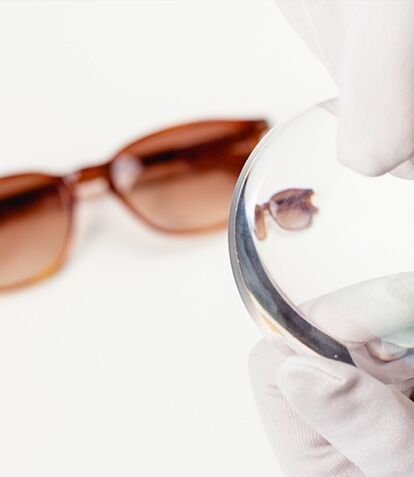

Seeing Double? Here Is Why
Seeing double
Diplopia, or having double vision, is a common but serious medical condition that has multiple possible causes. Binocular diplopia means that your eyes are unable to create a single picture in your brain, while monocular double vision means that only one eye is affected. If you are confused which type you are suffering from, simply close one eye. If you are still seeing double, you have monocular diplopia.
Monocular double vision
Monocular double vision is actually much less common than binocular. One possible cause of is astigmatism, which means that your cornea is not perfectly spherical but rather slightly misshapen. This means it refracts light slightly abnormally, and may cause double vision. If you don’t have astigmatism, you may also be having double vision because of cataracts or dry eyes.
Binocular double vision
Binocular double vision is such an enigma that professors of ophthalmology at Harvard called it “intimidating.” This is partly because there are so many potential causes, some malignant and some benign, and the problem can stem from issues with your eyes, optic nerves, or even the brain.
However, one common cause of binocular diplopia is strabismus, also known as squint or lazy eye. People with this condition cannot direct both eyes at the same point simultaneously, due to weak or paralyzed extraocular muscles around one eye. If caught in childhood, there are several treatments that can be performed to lessen the effects, however, it may recur later in life and lead to diplopia.
Causes of diplopia
Temporary diplopia is relatively common, and there are several instances where someone with healthy eyes and brain may experience double vision. The most common is alcohol intoxication, but head injuries, like concussions, fatigue, or a side effect from medication could also lead to double vision.
No matter what the circumstance, if you begin to have double vision, you should immediately seek medical attention. Though it could be stemming from a harmless cause, it’s better safe than sorry.
Seeing Double? Here Is Why
Seeing double
Diplopia, or having double vision, is a common but serious medical condition that has multiple possible causes. Binocular diplopia means that your eyes are unable to create a single picture in your brain, while monocular double vision means that only one eye is affected. If you are confused which type you are suffering from, simply close one eye. If you are still seeing double, you have monocular diplopia.
Monocular double vision
Monocular double vision is actually much less common than binocular. One possible cause of is astigmatism, which means that your cornea is not perfectly spherical but rather slightly misshapen. This means it refracts light slightly abnormally, and may cause double vision. If you don’t have astigmatism, you may also be having double vision because of cataracts or dry eyes.
Binocular double vision
Binocular double vision is such an enigma that professors of ophthalmology at Harvard called it “intimidating.” This is partly because there are so many potential causes, some malignant and some benign, and the problem can stem from issues with your eyes, optic nerves, or even the brain.
However, one common cause of binocular diplopia is strabismus, also known as squint or lazy eye. People with this condition cannot direct both eyes at the same point simultaneously, due to weak or paralyzed extraocular muscles around one eye. If caught in childhood, there are several treatments that can be performed to lessen the effects, however, it may recur later in life and lead to diplopia.
Causes of diplopia
Temporary diplopia is relatively common, and there are several instances where someone with healthy eyes and brain may experience double vision. The most common is alcohol intoxication, but head injuries, like concussions, fatigue, or a side effect from medication could also lead to double vision.
No matter what the circumstance, if you begin to have double vision, you should immediately seek medical attention. Though it could be stemming from a harmless cause, it’s better safe than sorry.







































